Škampa Quartet, Krzysztof Chorzelski - Dvořák: American String Quartet & Quintet, Opp. 96-97 (2017)
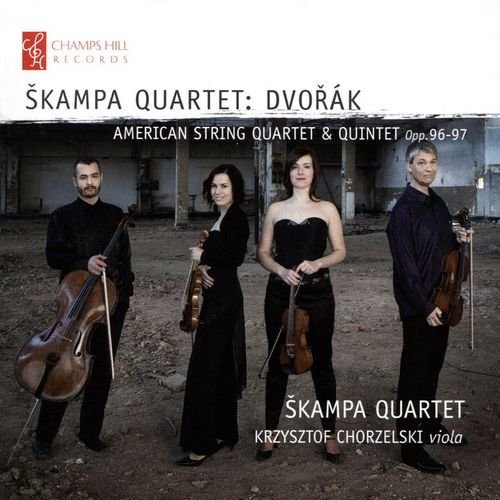
Artist: Škampa Quartet, Krzysztof Chorzelski
Title: Dvořák: American String Quartet & Quintet, Opp. 96-97
Year Of Release: 2017
Label: Champs Hill Records
Genre: Classical
Quality: FLAC (image+.cue,log,scans)
Total Time: 61:19
Total Size: 284 Mb
WebSite: Album Preview
Tracklist: Title: Dvořák: American String Quartet & Quintet, Opp. 96-97
Year Of Release: 2017
Label: Champs Hill Records
Genre: Classical
Quality: FLAC (image+.cue,log,scans)
Total Time: 61:19
Total Size: 284 Mb
WebSite: Album Preview
Antonín Dvořák
[1]-[4] String Quartet No.12 in F major, Op.96 'The American'
[5]-[8] String Quintet in E flat major, Op.97 'The American'
Performers:
Škampa Quartet
Helena Jiříkovská violin
Adéla Štajnochrová violin
Radim Sedmidubský viola
Lukáš Polák cello
Krzysztof Chorzelski viola
The Czech Republic's Skampa Quartet is a veteran group that has previously recorded the Dvorák String Quartet No. 12 in F major, Op. 96 ("American"), as well as other major Czech and Western works. But in this version for England's Champs Hill label, everything comes together for an exceptional chamber music performance. For one thing, the work is paired not with another quartet but with the String Quintet No. 3 in E flat major, Op. 97 (played here with Belcea Quartet violist Krzysztof Chorzelski), another work written during the composer's American sojourn. There is debate over the extent to which the music of these works, as well as the Symphony No. 9 in E minor, Op. 95 ("From the New World"), were influenced by African-American or Native American idioms. The Skampa players opine that Dvorák was never more Slavic than he was in these pieces, and they have an uncanny way of showing him as a Czech fascinated by the pentatonic melodies he heard in America: similar in some ways to Czech folk music, and different in others. Sample the openings of the two pieces to hear the briskly pentatonic theme of the quartet and the much more ambiguously constructed material of the quintet. In the broad lyrical themes of these two works, the Skampa players are exceptional: they take an added minute or two in each work, and the melodies are glorious. One could go on about other interpretive virtues and never have room for the exceptional engineering work from Champs Hill at its Music Room, which achieves the heightened concentration and clarity essential to a transcendent chamber music experience. Dvorák does not get any better than this.
![Celso Fonseca, TONY CANTO - Jobim e Modugno (2026) [Hi-Res] Celso Fonseca, TONY CANTO - Jobim e Modugno (2026) [Hi-Res]](https://img.israbox.com/img/2026-01/22/vnkjvc7uq6wqf5zqho7khnd1p.jpg)
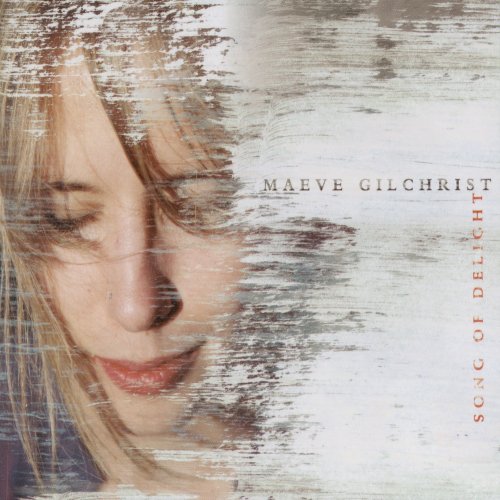
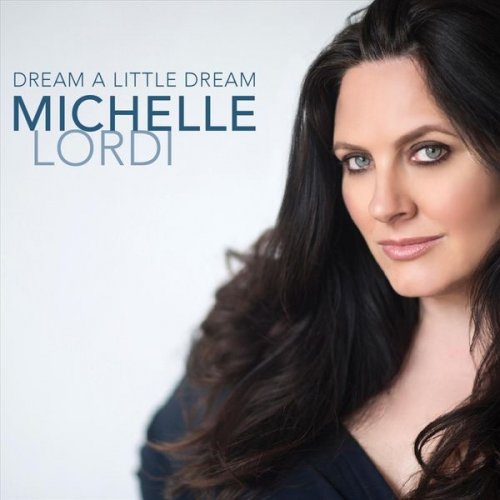
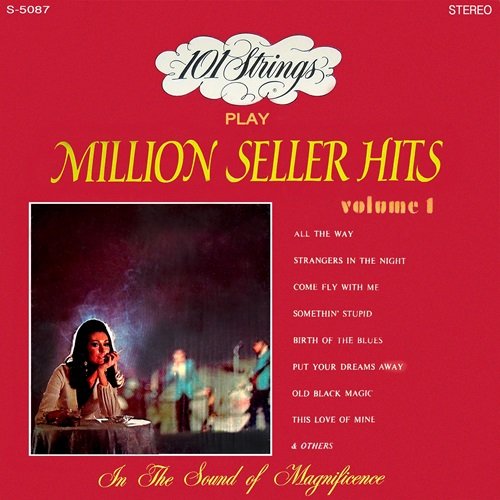
![Victor Anton - Nudos (Música Inevitable) (2026) [Hi-Res] Victor Anton - Nudos (Música Inevitable) (2026) [Hi-Res]](https://www.dibpic.com/uploads/posts/2026-01/1769244561_bd2vnugjkvmff_600.jpg)
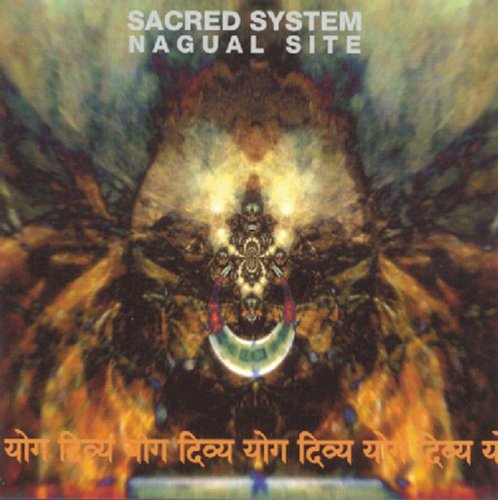
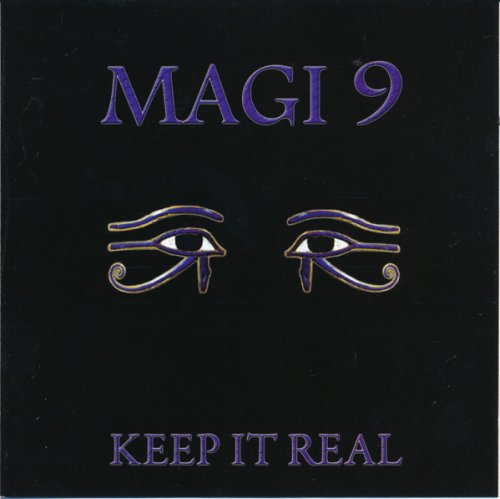
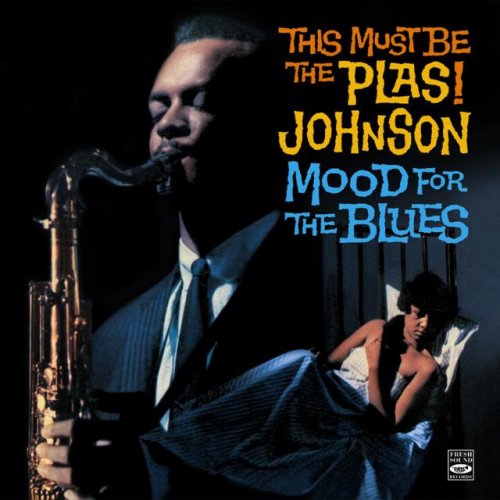
![Grzech Piotrowski - EMOTRONICA (2026) [Hi-Res] Grzech Piotrowski - EMOTRONICA (2026) [Hi-Res]](https://www.dibpic.com/uploads/posts/2026-01/1769245245_emotronica-800x800.jpg)